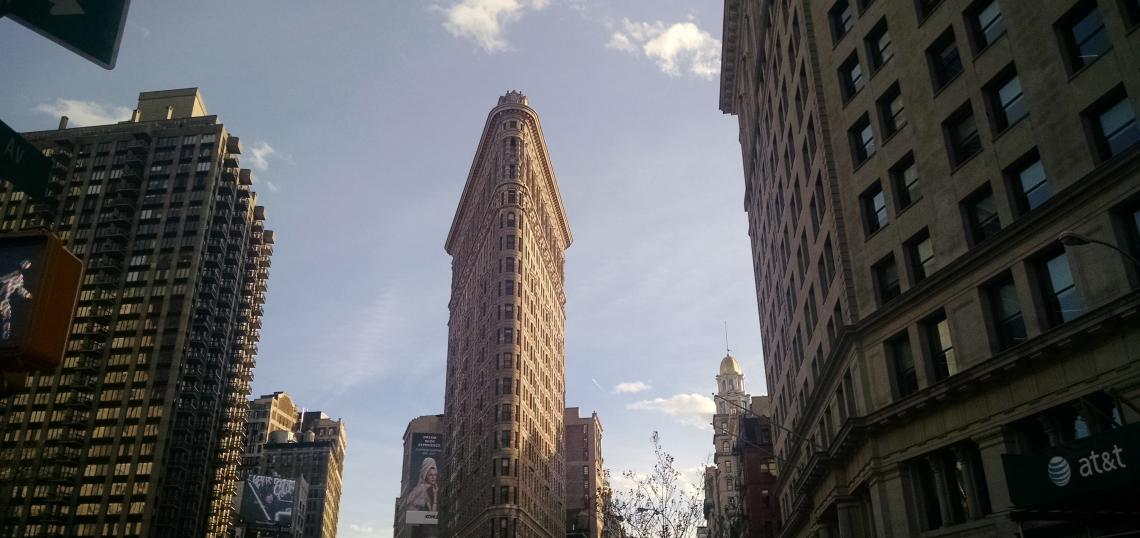NY lawmakers weigh lower congestion pricing fee – but Trump could kill tolls if elected "State lawmakers are considering reducing the $15 base fee for congestion pricing in order to convince Gov. Kathy Hochul to unfreeze the program — but experts say that process could be moot if former President Donald Trump returns to the White House and makes good on his promise to kill the Manhattan tolls." (Gothamist)
Bronx Metro-North station rezoning plan approved by City Planning Commission "A plan to bring thousands of new homes and jobs around new Metro-North stations in the East Bronx is moving forward. The City Planning Commission last week voted to approve the Bronx Metro-North Station Area Plan, a rezoning effort targeting the areas around four new Metro-North stations to create roughly 7,500 new homes, 10,000 jobs, improvements to public space, and neighborhood amenities. The plan heads next to the City Council for a final vote sometime this summer." (6sqft)
NYC shuttered 80% of its Airbnbs in an attempt to make housing more affordable. All that's done so far is make hotels more expensive. "Less than a year into the city's policy, known as Local Law 18, it's not clear whether the near-ban is achieving one of its central goals: relieving pressure on the city's severe housing shortage. But as summer tourism heats up, the dearth of rentals and rising hotel-room prices mean visitors to the city are in for an even pricier trip than they probably bargained for." (Business Insider)
New York City Apartment Construction Is Grinding to a Halt "Last month, developers filed 36 permits for multifamily buildings, which, excluding the period of Covid lockdowns in 2020, was the lowest monthly count for May in a decade, data from the New York City Department of Buildings showed. And last year, permits for about 15,500 apartment units were filed, the lowest since 2016, according to the Department of City Planning." (Bloomberg)
City of Yes: Parking Mandates Have Shaped New York … For Worse "Mandated parking minimums have shaped the city since the 1950s, one Brooklyn block shows the impact of this restrictive zoning policy on the city's housing stock." (Streetsblog NYC)






